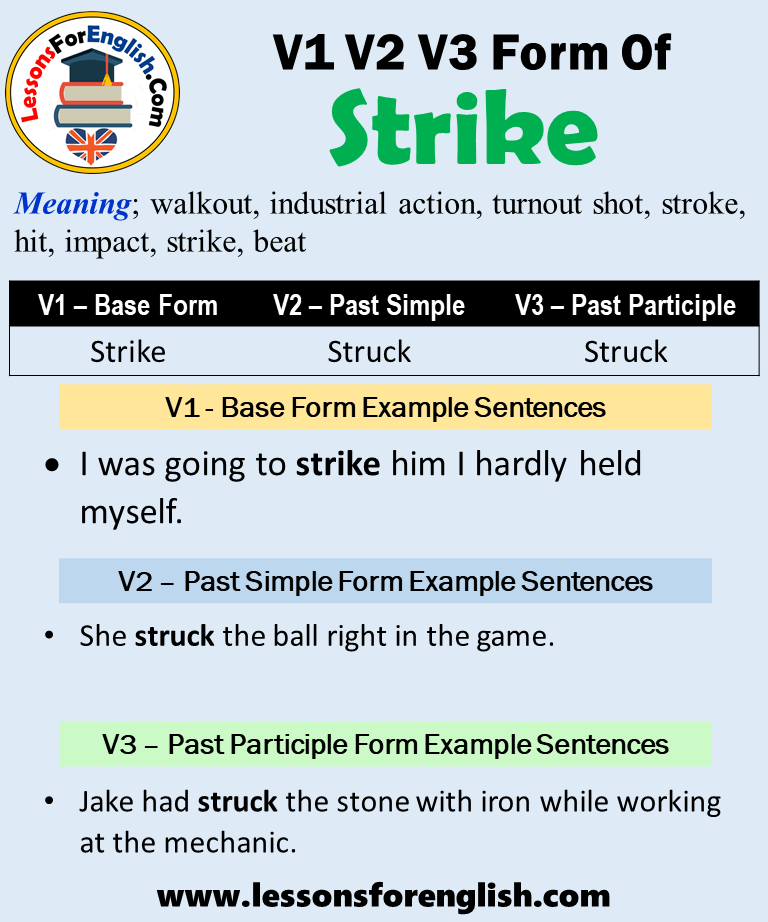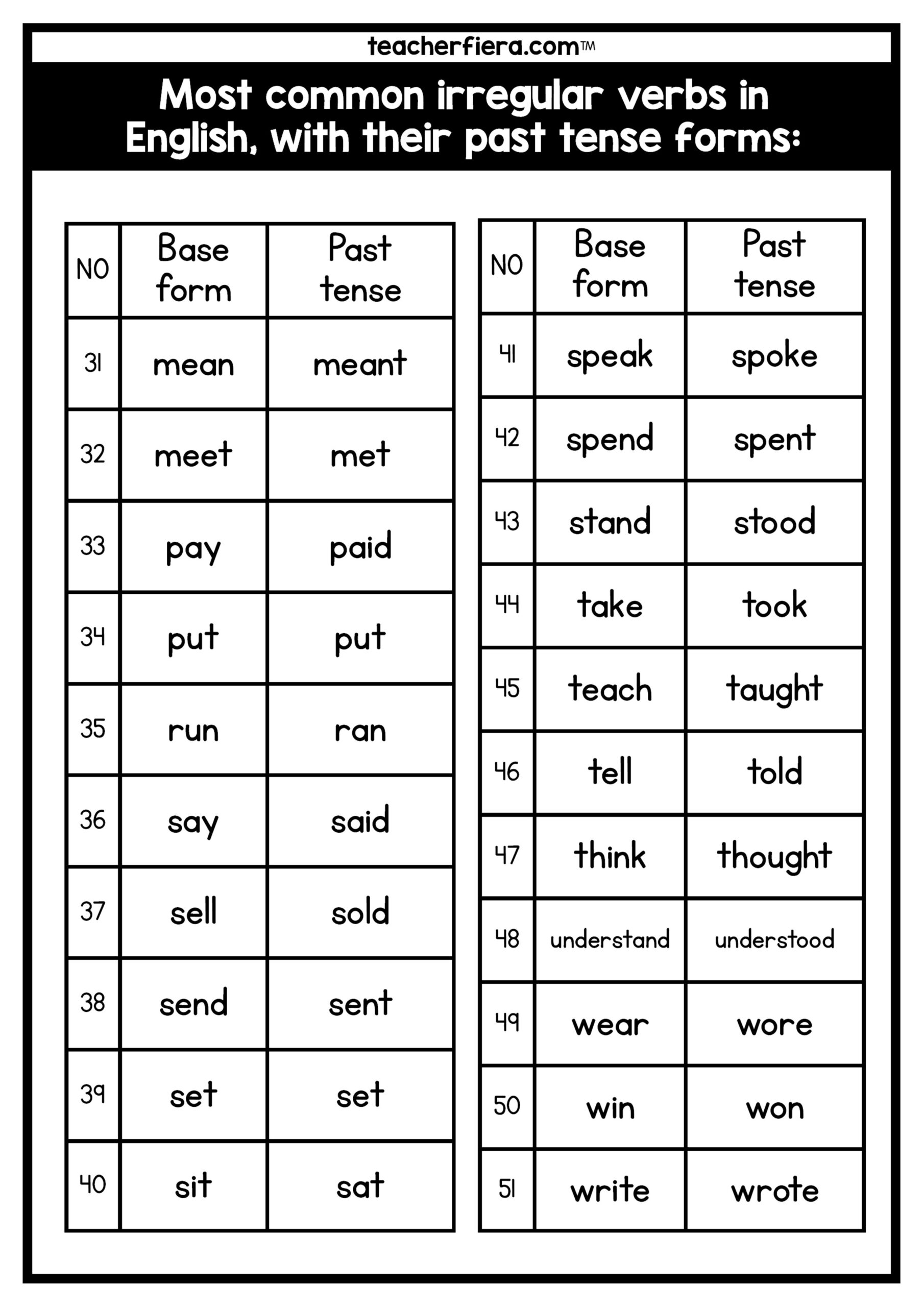
Let’s have a look at these Swedish-language tenses in detail. In Swedish, there are five main tenses: one to express events in the present, three for the past (the past perfect, the past imperfect, the pluperfect), and different ways to express actions and occurrences that have not yet happened in the future. As you know, there are three main concepts involved here: the present, the past, and the future. Verb tenses are used to express when an action takes place. This lesson is not going to be complicated or grammar-heavy at all, and we’ll explain each concept thoroughly so that you can easily grasp them and put them to good use throughout your Swedish language-learning journey.
#Read past tense and past participle how to
We’ll look at how to form the main tenses in Swedish and discuss when to use each one by the end, you’ll be able to use Swedish verbs with no problems! Verbs and tenses in Swedish are actually not as complicated to learn as those of other languages-and in this article, you’ll find out why. They are the words we use to talk about actions ( sjunga – sing), states of being ( existera – exist), or occurrences ( utveckla – develop), and they have to agree with the subject, which is who or what performs the action described.īasically, all sentences need a verb to be complete, and this is why it’s so important to get them right when studying a foreign language! In addition to nouns, verbs are one of the most important parts of any sentence. In spite of having read the instructions twice, I still couldn’t understand how to use it.ĭo this exercise to test your grammar again.Ever thought to yourself: What is a verb? While packing her things, she thought about the last two years. On arriving at the hotel, he went to get changed. Instead of complaining about it, they should try doing something positive. It is also common for participle clauses, especially with -ing, to follow conjunctions and prepositions such as before, after, instead of, on, since, when, while and in spite of.īefore cooking, you should wash your hands. Participle clauses after conjunctions and prepositions Having been made redundant, she started looking for a new job. Having finished their training, they will be fully qualified doctors. Having got dressed, he slowly went downstairs. Perfect participles can be structured to make an active or passive meaning. Perfect participle clauses show that the action they describe was finished before the action in the main clause. Worried by the news, she called the hospital.įilled with pride, he walked towards the stage. ( If you use participles in this way, … ) Used in this way, participles can make your writing more concise.

We can use participle clauses when the participle and the verb in the main clause have the same subject.

They are formed using present participles ( going, reading, seeing, walking, etc.), past participles ( gone, read, seen, walked, etc.) or perfect participles ( having gone, having read, having seen, having walked, etc.).


Participle clauses enable us to say information in a more economical way. Having lived through difficult times together, they were very close friends. Not wanting to hurt his feelings, I avoided the question. Looked after carefully, these boots will last for many years. Look at these examples to see how participle clauses are used.


 0 kommentar(er)
0 kommentar(er)
